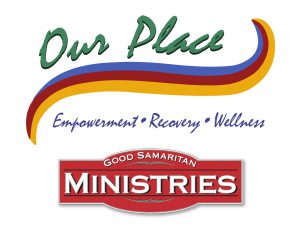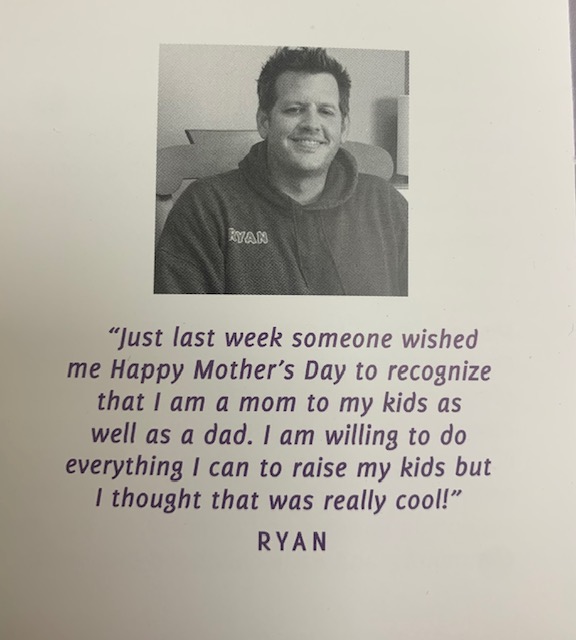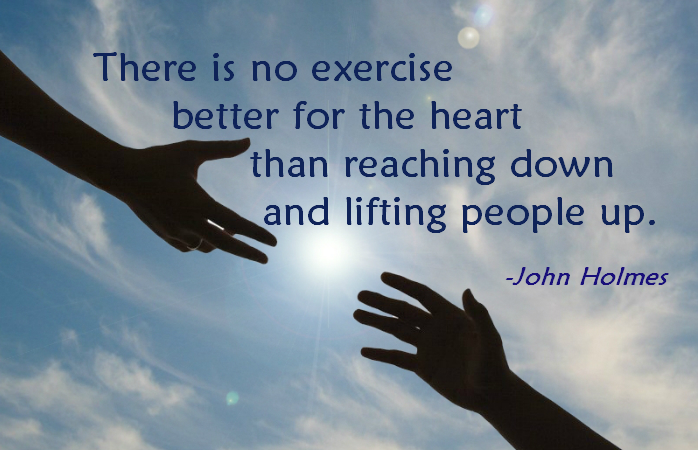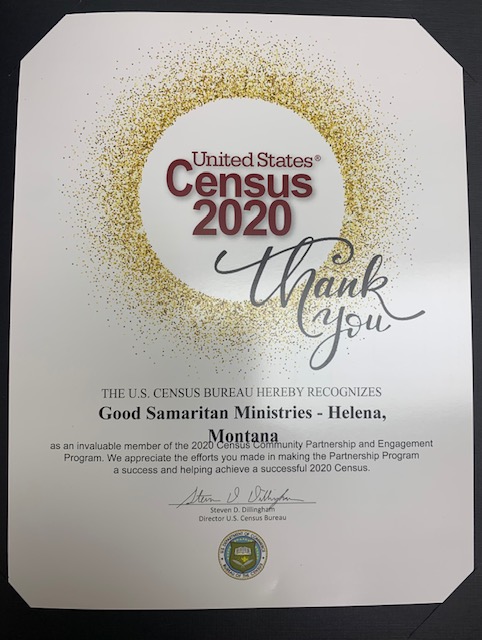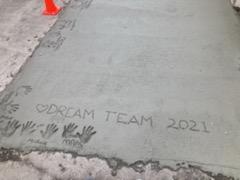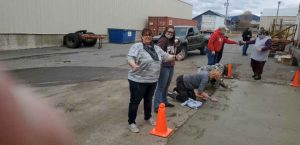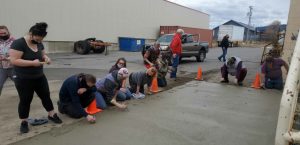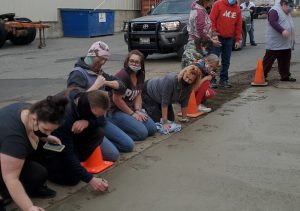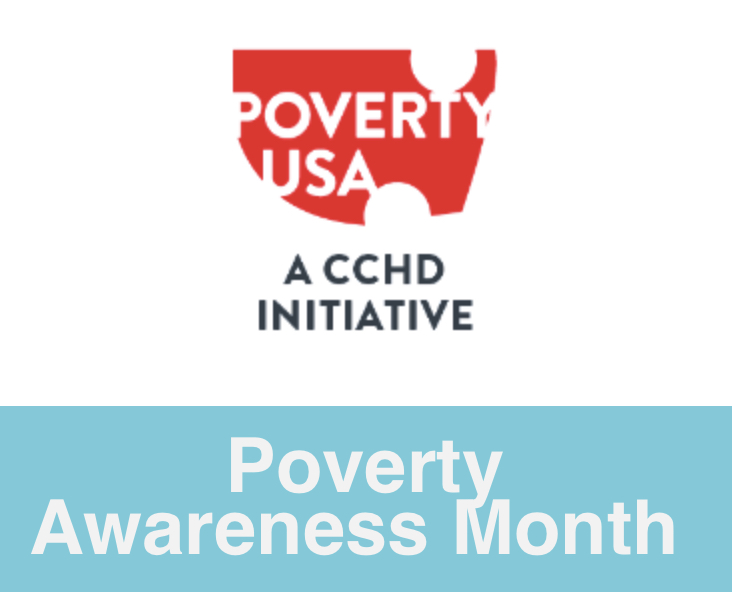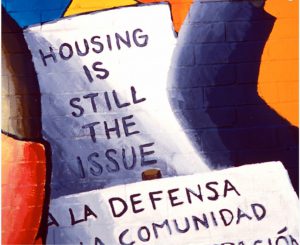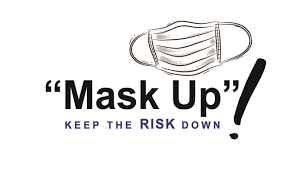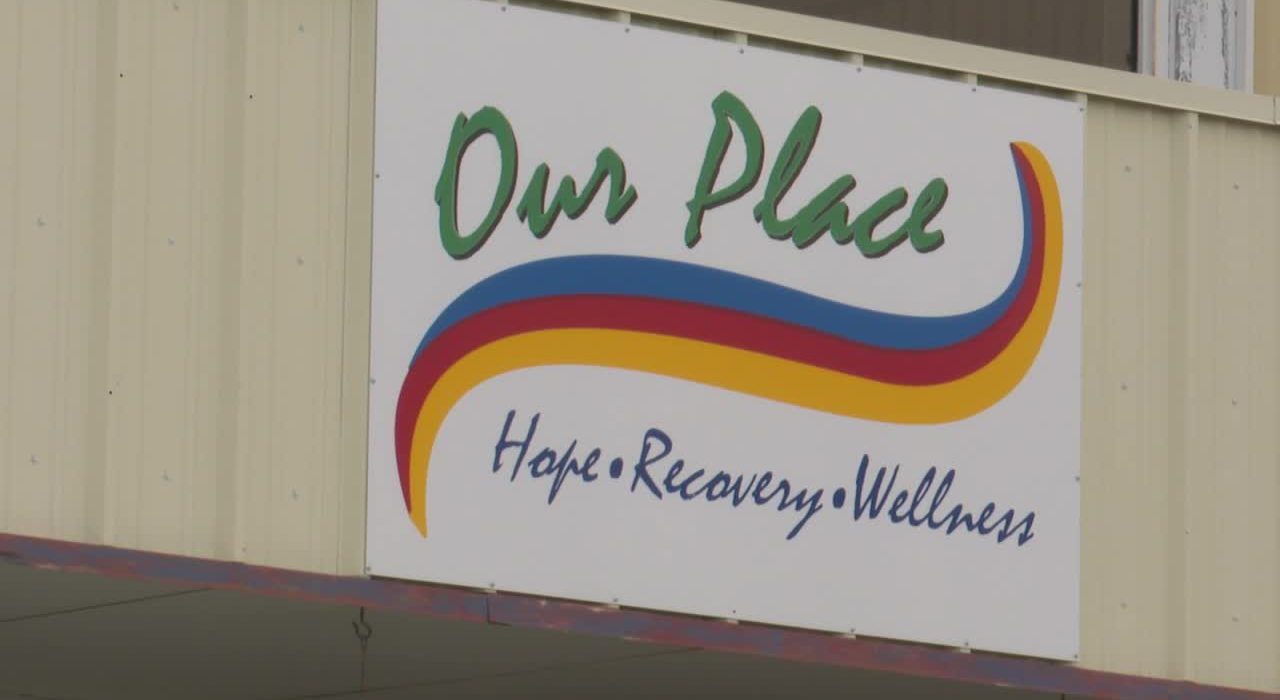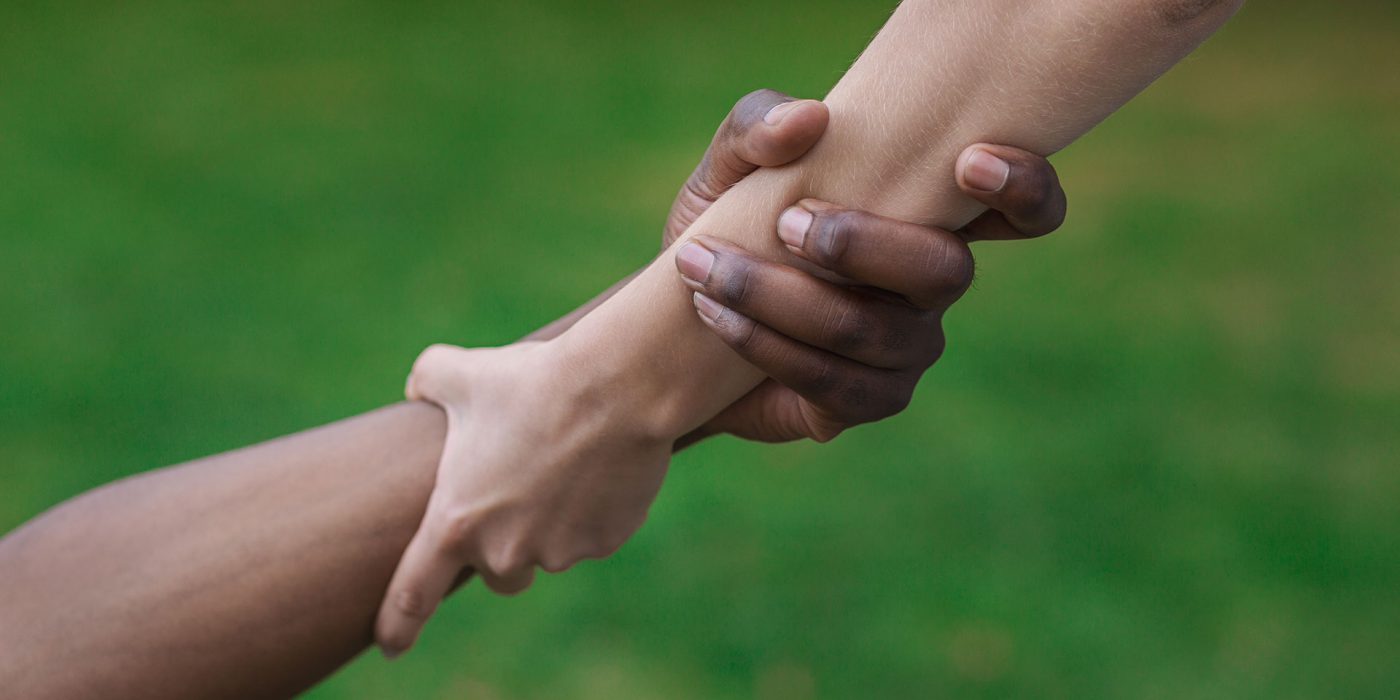CONTACTS:
Marissa Perry, Communications Director, Governor’s Office, (406) 444-4514
Erin Loranger, Press Secretary, Governor’s Office, (406) 444-9725
Jon Ebelt, Public Information Officer, DPHHS, (406) 444-0936
Governor Bullock Announces New Crisis Counseling Hotline Funded by $1.6 Million Federal Grant
Montana Crisis Recovery line is now available at 121-877-503-0833
MONTANA – Governor Steve Bullock today announced a new crisis counseling hotline funded by a $1.6 million federal grant is now available to aid Montanans struggling with their mental health due to the ongoing impacts of the COVID-19 public health emergency.
“We know Montanans in every corner of the state have been impacted by this virus in various ways and I’m pleased this hotline is available to support anyone in need,” Governor Bullock said. “I encourage Montanans to use the hotline now to receive confidential assistance and get connected to the appropriate services in their community.”
The Montana Crisis Recovery hotline is funded and available for at least the next nine months. Montanans in need of crisis counseling can call 1-877-503-0833 to receive free and confidential counseling services from trained crisis counselors Monday through Friday from 10 a.m. to 10 p.m.
The free service is meant to help people navigate feelings of isolation, loss, fear, uncertainty, depression, and anxiety they are experiencing during this time. The new service is available to all Montanans, with target populations identified as healthcare workers and first responders, school officials, veterans, elderly individuals, Native Americans, and farmers and ranchers.
The Montana Department of Public Health and Human Services (DPHHS) partnered with Disaster and Emergency Services to pursue the grant to address the growing need for mental health services.
“As COVID-19 cases rise across Montana, the impacts on mental health can be devastating to a wide range of the population,” Zoe Barnard, DPHHS Addictive and Mental Disorders Division Administrator, said. “A crisis counselor can offer an empathetic ear and provide support.”
Counselors on the other end of the line will be there to listen without judgement, offer emotional support, comfort, console, offer information and education on stress and coping, and direct callers to additional support and community resources. DPHHS is contracting with Mental Health America of Montana to manage the hotline. The phone line, when fully staffed, will include 12 trained crisis counselors. Efforts are currently under way to recruit and hire two counselors who are Tribal members.
In addition to Mental Health America of Montana, DPHHS will work closely with four additional project partners including the Montana Hospital Association, Voices of Hope, Kauffman & Associates Inc., and the Montana Public Health Institute. The team will work together to hire counselors and will provide outreach to communities across the state through this opportunity.
The grant is provided by the Federal Emergency Management Agency in collaboration with the Substance Abuse and Mental Health Services Administration.
Other mental health resources that are already available to Montanans include the Montana Crisis Text Line, Montana Suicide Prevention Lifeline, Montana Warmline and Thrive by Waypoint Health.
The Crisis Text Line is available 24/7 by texting MT to 741 741; the Montana Suicide Prevention Lifeline is available 24/7 at 800-273-TALK (8255); the Warmline is available Monday to Friday 8 a.m. to 9 p.m. and Saturday and Sunday noon to 9 p.m. at 877-688-3377; and information about Thrive by Waypoint Health, an online cognitive behavioral therapy for those actively working to manage anxiety and stress, is available at https://thriveformontana.com/
Over the past several months, DPHHS has expanded these services to assist Montanans through the ongoing pandemic.
